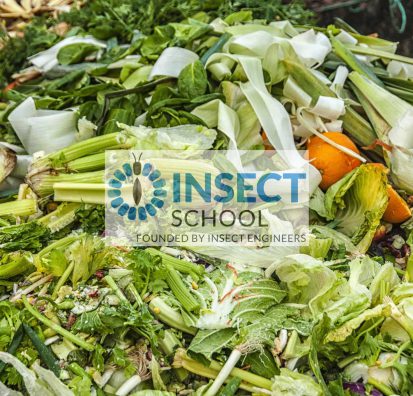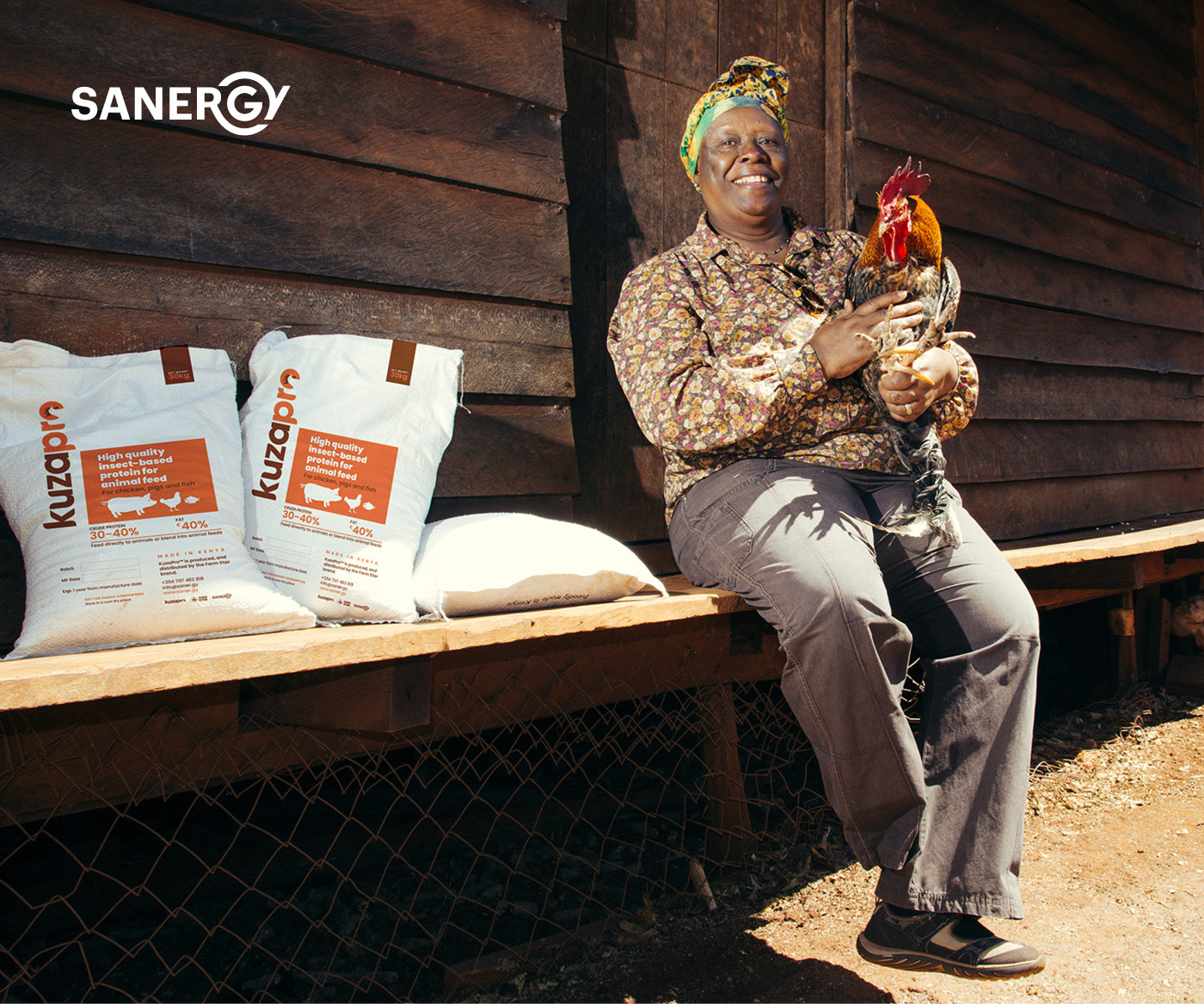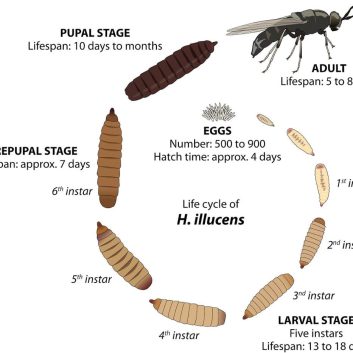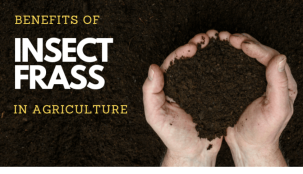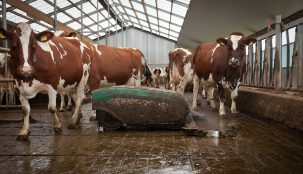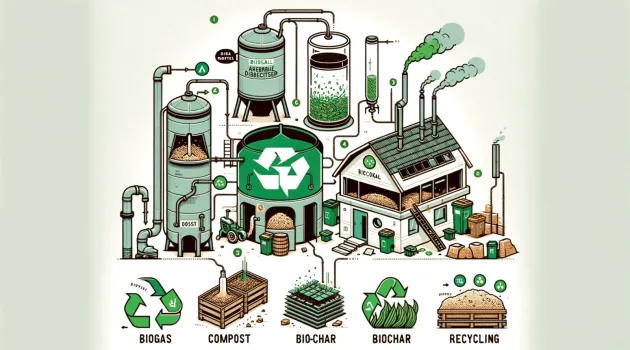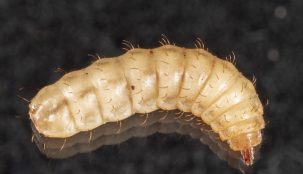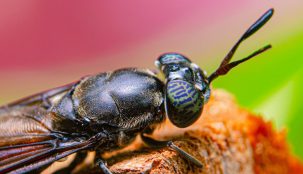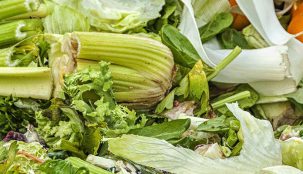Waste Management with BSF
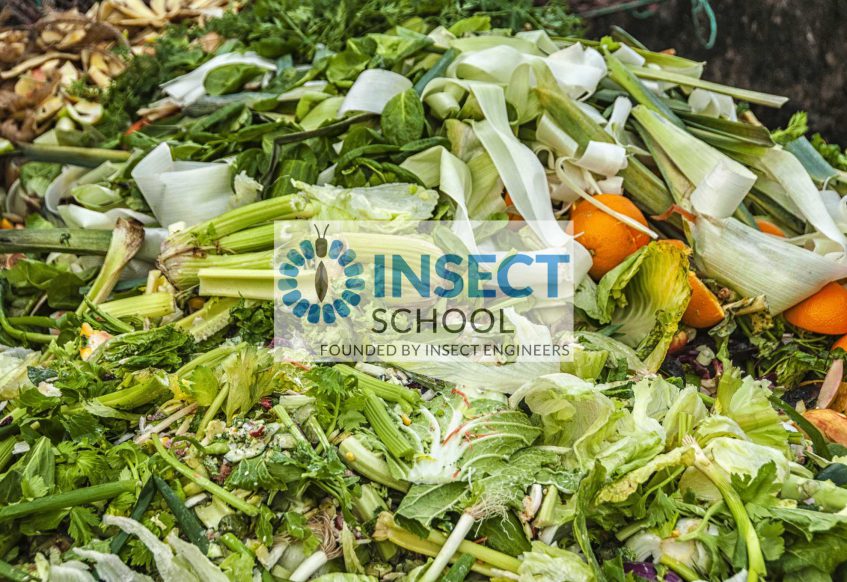
Waste Management with BSF Farming
Organic waste is one of the major environmental challenges of our time. According to the Food and Agriculture Organization (FAO), about one-third of all food produced for human consumption is lost or wasted every year, amounting to 1.3 billion tons of food waste globally. This waste not only is a huge economic loss, but also a significant source of greenhouse gas emissions, as it decomposes anaerobically in landfills and releases methane, a potent greenhouse gas that contributes to global warming.
Real-World Examples of BSF Farming
BSF farming is still a new concept, but there are already examples of it being implemented successfully around the world. For example, one of our clients has a BSF farm, which can process up to 100 tons of organic waste per day. The company uses the larvae produced by the farm to create a sustainable source of animal feed for the aquaculture industry.
The benefits of BSF farming are numerous:
- It reduces organic waste by up to 95%, as black soldier fly larvae can consume up to twice their body weight per day. This means less waste going to landfills and less methane emissions.
- It produces high-quality protein-rich biomass that can be used as animal feed for poultry, fish, pigs, or pets. Black soldier fly larvae contain up to 60% protein and essential amino acids, making them an ideal alternative to conventional feed sources that are often expensive or unsustainable.
- It generates other valuable by-products that can be used for various purposes. For example:
- The frass (excrement) of black soldier fly larvae can be used as organic fertilizer for crops, as it contains a ton of nutrients.
- The oil extracted from black soldier fly larvae can be used as biofuel for vehicles or generators, as it has similar properties to diesel fuel.
- The chitin extracted from black soldier fly larvae can be used as biodegradable plastic for packaging or medical applications, as it has antibacterial and antifungal properties.
BSF farming is an innovative and sustainable form of insect farming that offers multiple environmental and economic benefits. By converting organic waste into valuable biomass, BSF farming contributes to reducing greenhouse gas emissions, enhancing food security, improving soil quality, saving resources, and creating income opportunities for farmers and entrepreneurs.
If you are interested in learning more about BSF farming, you can check out our online courses that provide practical guidance on how to start and manage a successful BSF farm.
Subscribe to our LinkedIn:
https://www.linkedin.com/company/insect-school/
